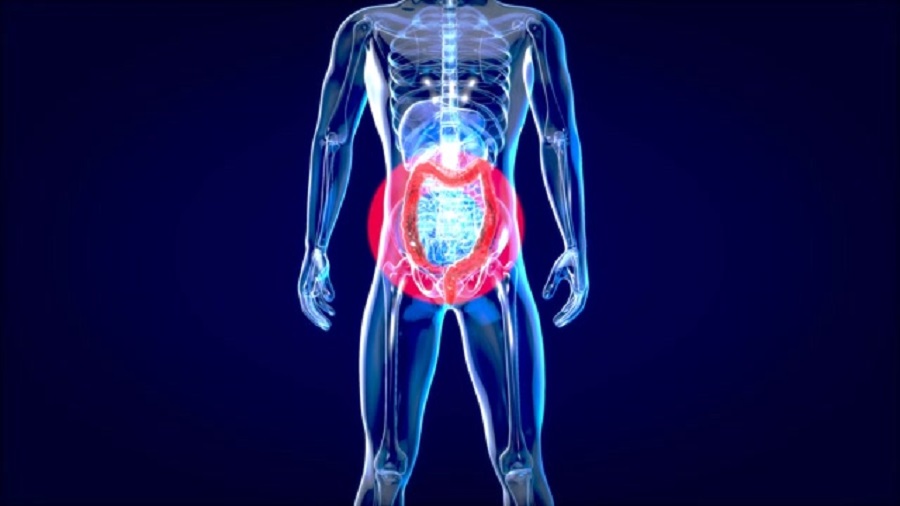Metabolism refers to the chemical processes that occur within the body to maintain life. These processes convert food into energy, which fuels everything from basic functions like breathing to more active tasks like exercising. While everyone’s metabolism works in similar ways, some people have a faster metabolism, while others experience slower metabolic rates. According to Brian Fertig, MD, understanding the differences between fast and slow metabolism can help individuals optimize their health, fitness, and overall well-being.
- What is Fast Metabolism?
A fast metabolism refers to the body’s ability to convert food into energy at a quicker rate. People with fast metabolisms tend to burn more calories at rest compared to those with slower metabolisms. This can be a result of various factors, such as genetics, age, body composition, and activity levels.
Those with faster metabolism may find it easier to maintain or lose weight because their bodies burn calories more efficiently. They might also have higher energy levels and recover more quickly after physical activity. Additionally, individuals with fast metabolisms often feel hungrier more frequently, as their bodies require more fuel to sustain their accelerated metabolic processes.
- What is Slow Metabolism?
On the other hand, a slow metabolism means that the body burns calories more slowly. This can lead to weight gain if calorie intake exceeds the number of calories the body uses. Factors that contribute to a slower metabolism include age, hormonal imbalances, lack of physical activity, and muscle mass.
Individuals with slow metabolism may notice they gain weight more easily or have difficulty losing weight, even with regular exercise or a calorie-controlled diet. However, a slow metabolism doesn’t necessarily mean a person is unhealthy. It’s often a natural variation, and various lifestyle changes can help improve metabolic rates over time.
- Factors Influencing Metabolism
Several factors influence whether someone has a fast or slow metabolism. Genetics play a large role in determining how efficient your metabolism is. People with a family history of fast metabolism may be more likely to have quicker calorie-burning systems. Additionally, muscle mass is important because muscle burns more calories at rest than fat. This is why individuals who engage in strength training or resistance exercises often experience a boost in metabolism.
Age also has a significant impact on metabolism. As we age, our metabolism naturally slows down. This is due to a combination of muscle loss and hormonal changes. People in their 30s and 40s, in particular, may notice a decrease in metabolic rate.
Diet and activity levels are also crucial. A balanced diet that supports a healthy metabolism is key to either maintaining or boosting metabolism. Regular physical activity, particularly aerobic exercises and strength training, can help enhance metabolic function. High-intensity interval training (HIIT) is known for increasing metabolism both during and after exercise.
- How to Boost a Slow Metabolism
For those with a slow metabolism, there are several strategies to speed it up. Regular exercise is one of the most effective ways to increase metabolic rate. Incorporating strength training can build muscle mass, which will, in turn, help burn more calories at rest. Staying active throughout the day and including more movement, such as walking or taking the stairs, can also help.
A healthy, balanced diet is essential. Eating small, frequent meals can help keep the metabolism active. Including protein-rich foods in your meals also requires more energy for digestion, giving your metabolism a slight boost.
Lastly, getting enough sleep is vital. Poor sleep can disrupt hormonal balance, slowing metabolism and increasing appetite. Ensuring you get sufficient rest each night can help your body maintain a healthy metabolic rate.
Conclusion
Understanding the differences between fast and slow metabolism helps individuals optimize their lifestyle choices. While some people are naturally inclined to have a faster metabolism due to genetics, age, or muscle mass, there are plenty of ways to boost a slow metabolism. By focusing on regular physical activity, a balanced diet, and quality sleep, anyone can improve their metabolic rate and support a healthy weight.



